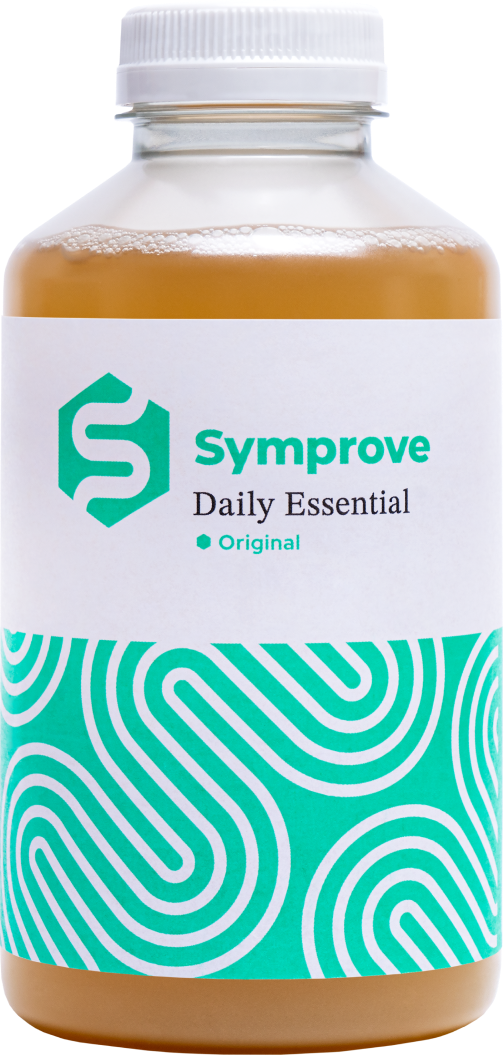Background
Multiple Sclerosis (MS) is a complex and chronic autoimmune disease affecting the central nervous system (CNS) and is the most disabling neurological condition in young adults (Brown et al., 2014). It affects approximately 2.5 million people globally (Mokhtarzade et al., 2021) and can cause various symptoms, depending on the part of the CNS affected. There is currently no cure for MS, but disease-modifying therapies can help manage the condition but have limited ability in preventing long-term disability (Claflin et al., 2019). Due to the nature of MS, long-term self-management of symptoms is a crucial part of treatment.
In recent years, there has been an increasing interest in the impact of lifestyle on both risk of disease occurrence and disease progression in MS (Marck et al., 2018; Jakimovski et al., 2019), with lifestyle behaviour change viewed as an essential tool in self-management and improving overall health and wellbeing outcomes (Motl et al., 2018). However, the mechanisms behind these improvements are currently poorly understood.
Lifestyle and the gut microbiome
The gut-brain axis refers to the physical and chemical connections between your gut and brain. The gut-microbiome is thought to play a crucial role in both health and disease (Bull and Plummer, 2014), supporting the regulation of the body’s immune system (Schirmer et al., 2016) and better brain health (Galland, 2014). However, unlike genetics, the microbiome is dynamic and is influenced by many factors, including lifestyle behaviours (figure 1).

Figure 1. Influences of the gut microbiome and the role of lifestyle behaviours.
Lifestyle behaviours are consistently linked to good health, with the World Health Organisation (WHO) reporting that 60% of individual health and quality of life are due to lifestyle behaviours (Abe and Abe, 2019), with an unhealthy lifestyle independently linked to a 78% increased risk of death (Bian et al., 2024). This article explores what we know about the role that the gut microbiome might play in explaining the many benefits of leading a healthy lifestyle for people with MS (PwMS).
Gut microbiome and MS
Considering the devastating prognosis of neurological conditions and the limited treatment options available, understanding the underlying functional changes and causes of MS is vital in the development of preventative and therapeutic management approaches.
The role of the gut microbiome is increasingly being explored in other neurological conditions such as Parkinson’s (Romano et al., 2021) and is becoming of growing interest in conditions such as Multiple Sclerosis (MS) (Takewaki et al., 2021, Boziki et al., 2020, Rowin et al., 2017, Boddy et al., 2021).
The link between the gastrointestinal tract and the brain (i.e. the gut-brain axis) and the increased prevalence of gastrointestinal symptoms across neurological conditions is well known (Levinthal et al., 2013, Travagli et al., 2020). In PwMS, the gut microbiome is reported to be pathogen-heavy (Miyake et al., 2018) and compositionally and functionally different to healthy controls (Ordoñez-Rodriguez et al., 2023). Most of the altered bacteria produce Short Chain Fatty Acids, which may explain the chronic inflammation characterised by MS (Ordoñez-Rodriguez et al., 2023) and may potentially play a part in the onset, relapse rate and overall prognosis (Cryan et al., 2020).
Research in this area is beginning to uncover the potential of microbiome-targeted therapies (such as probiotics) for those with neurological conditions (Morshedi et al., 2019). Nevertheless, current research is still in its infancy, predominantly looking at animal models or small-scale trials focused on specific mechanisms or symptoms.
It is hypothesised that by altering the types of bacteria in your gut, it may be possible to impact the occurrence and disease course of neurological autoimmune conditions such as MS. Lifestyle behaviours offer a potential option for modifying the gut microbiome, potentially explaining some of the benefits seen following interventions such as those designed to increase levels of physical activity and improve diet quality.
Diet/probiotics
Changing the composition of our diet can modify our microbiome, which can impact our health. For example, changing from a high-fat diet to a plant-based diet, such as the Mediterranean diet, positively influences the microbiome by increasing gut diversity and the number of good bacteria (Tsigalou et al., 2021).
Probiotics offer another potential method of enhancing the gut-microbiome by adding to the population of good bacteria in the gut. To date, several published in vitro studies in healthy and unhealthy populations (Moens et al., 2019, Fredua-Agyeman et al., 2017, Dodoo et al., 2019, Ghyselinck et al., 2020, Ghyselinck et al., 2021) have demonstrated modulation of the gut microbiome with probiotics.
Research in MS is still inconclusive, with most of the research focusing on animal studies, however, evidence shows promise in decreasing the incidence and severity of MS (Morshedi et al., 2019). The few studies carried out with PwMS demonstrate that certain probiotics may improve symptoms such as poor mental health (Jiang et al., 2021; Ashgari et al., 2023).
Although research into the effects of diet alterations and probiotics are currently inconclusive, they show promise, with probiotics generally considered safe to take. However, probiotics can be expensive, which is something that needs to be considered against the current level of evidence when deciding on a strategy for symptom management in MS.
Exercise
In the general population, exercise positively influences the gut microbiome by enhancing the number of beneficial species, increasing diversity, and improving the development of commensal bacteria which help defend against pathogens (Monda et al., 2017).
The relationship between exercise, the gut microbiome, and autoimmune conditions such as MS is currently poorly understood. Initial studies in mice have shown the potential impact of strength training on the gut microbiome in MS, with small-scale human studies, such as the study by Mokhtarzade et al. (2021), demonstrating that home-based exercise training had a positive effect on gut bacteria, leading to improvements in some symptoms. In addition, further work has reported the benefit of lifetime physical activity on brain health (i.e. lesion volume), and bacteria count in PwMS (Mokhtarzade et al., 2022).
Conclusion/recommendations
Research is strong regarding the benefits of leading a healthy lifestyle for general health and improving prognosis and symptom management in PwMS. However, research is in its infancy in the complex area of lifestyle changes, the microbiome, and MS. Current evidence shows promise in helping to understand the mechanisms behind the benefits of leading a healthy lifestyle for PwMS. Further high-quality, longitudinal studies are needed to explore this complex relationship and better understand the role that leading a healthy lifestyle can play in modifying the gut-microbiome for better management of MS.



